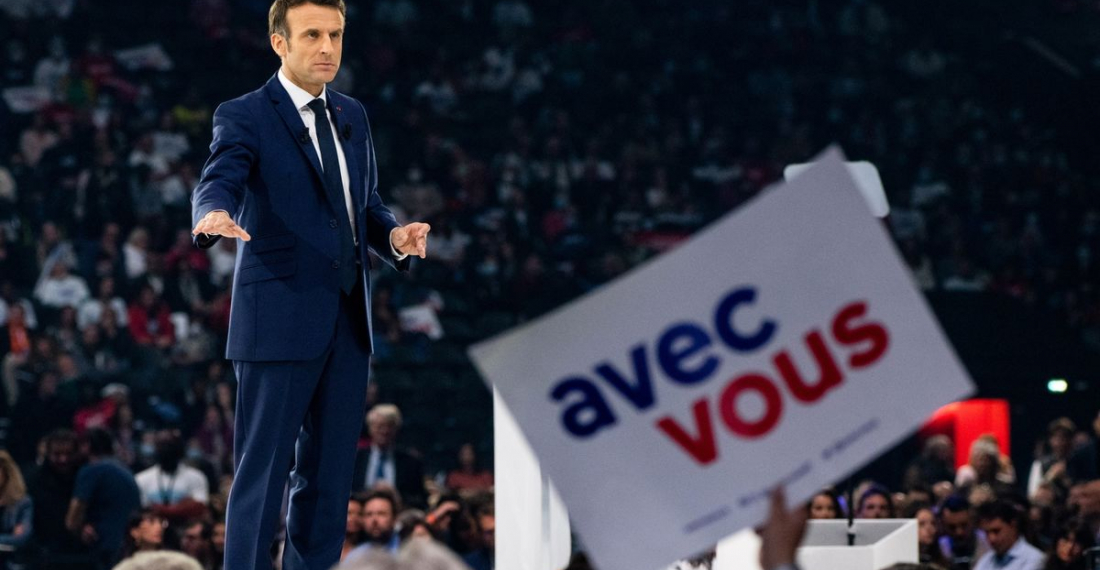There was a sigh of relief across Europe on the news of the victory of Emmanuel Macron in the second round of the French presidential elections held on Sunday (24 April), thwarting an attempt to unseat him by far right candidate Marie Le Pen.
Many in Europe are describing the outcome as a win for the European Union.
"Bravo Emmanuel", European Council president Charles Michel wrote on twitter. “In this turbulent period, we need a solid Europe and a France totally committed to a more sovereign and more strategic European Union.”
Whilst Macron was always the favorite to win, European countries watched anxiously as his lead in opinion polls narrowed in the days before the ballot.
A victory for Le Pen, a deeply eurosceptic politician who has professed admiration for Russian President Vladimir Putin, would have had huge implications for the stability of the EU.
Le Pen had long flirted with the idea of leaving the bloc, although she insisted during her campaign that she had no “secret agenda” this time for quitting the group or the euro single currency.







